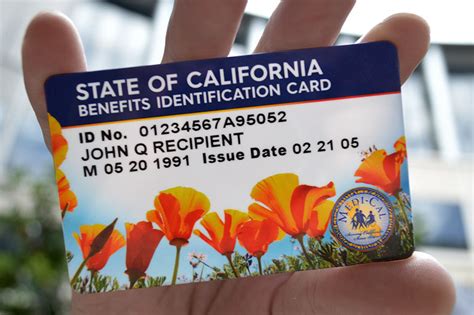How to Get a Medical Marijuana Card: A State-by-State Guide
Getting a medical marijuana card can be a complex process, varying significantly depending on your state's regulations. This comprehensive guide breaks down the key steps involved, offering a general overview while emphasizing the importance of checking your specific state's laws and regulations. Disclaimer: This information is for educational purposes only and should not be considered legal advice. Always consult with legal professionals and your state's health department for accurate and up-to-date information.
Understanding the Process: Key Steps to Obtaining a Medical Marijuana Card
The process generally involves these key steps, although the specifics will vary considerably from state to state:
-
Determine Eligibility: This is the crucial first step. Each state has its own qualifying conditions for medical cannabis. Common conditions include chronic pain, epilepsy, multiple sclerosis, cancer, and glaucoma. Research your state's specific list of qualifying conditions carefully. You'll need a verifiable diagnosis from a licensed physician.
-
Find a Qualifying Physician: Not all doctors can recommend medical cannabis. Many states have databases or online resources to help you find physicians who are registered to provide medical cannabis recommendations. Confirm their credentials and legitimacy before scheduling an appointment.
-
Doctor's Evaluation and Recommendation: Your doctor will conduct a thorough examination to assess your medical history and determine if medical cannabis is a suitable treatment option for your condition. They will consider your symptoms, other treatments you've tried, and any potential risks or side effects. If approved, they'll issue a recommendation or certification.
-
Application Process: Once you have your physician's recommendation, you'll need to apply for a medical marijuana card through your state's health department or designated agency. This typically involves completing an application form, paying a fee, and providing necessary documentation, such as your physician's recommendation, proof of identity, and sometimes proof of residency.
-
Background Check (In Some States): Some states conduct background checks as part of the application process. This is to ensure applicants aren't involved in activities that would violate state cannabis laws.
-
Card Issuance: Upon successful completion of the application process and any background checks, you'll receive your medical marijuana card. This card will allow you to legally purchase and possess medical cannabis within the state's legal limits.
-
Renewal: Medical marijuana cards usually need to be renewed periodically. The renewal process often involves seeing your doctor again to reaffirm your qualifying condition.
State-Specific Regulations: Why Research is Essential
This is arguably the most critical aspect. Laws and regulations regarding medical cannabis vary dramatically by state. Factors like:
- Qualifying conditions: The specific illnesses or conditions that qualify for medical marijuana access.
- Application process: The steps involved in applying for a medical marijuana card.
- Doctor requirements: The qualifications and registration requirements for physicians who can recommend medical cannabis.
- Card validity periods: How long your medical marijuana card is valid for.
- Possession limits: The amount of cannabis you are legally allowed to possess.
Resources for Finding State-Specific Information
To find accurate and up-to-date information about obtaining a medical marijuana card in your state, you should:
- Contact your state's health department: They are the primary source of information on medical cannabis regulations.
- Search your state's government website: Look for information on medical marijuana programs.
- Consult a legal professional: For legal advice tailored to your specific situation.
Remember, obtaining a medical marijuana card is a process that requires careful research and adherence to your state's specific laws. By following these steps and researching your state's regulations, you can increase your chances of a successful application.
